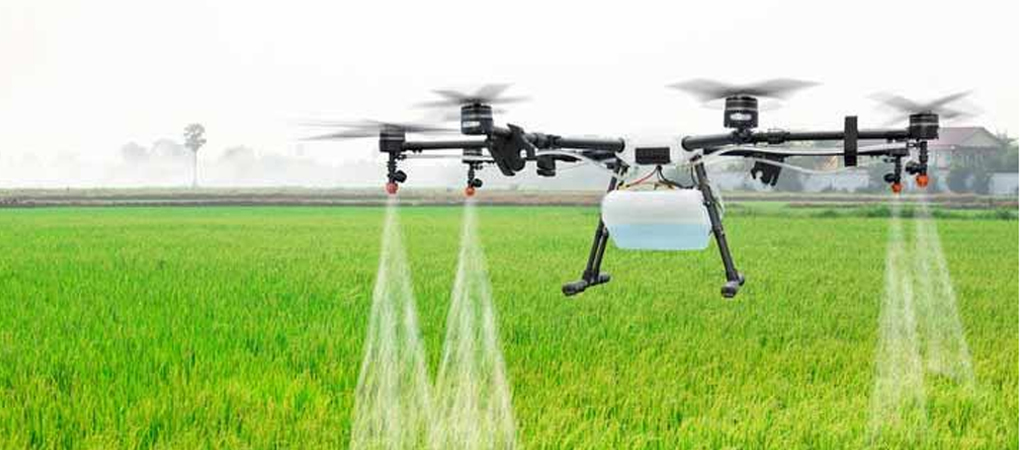

Emerging Technologies: Use of Drones in Agricultural Irrigation

Drones is a powerful tool to drive irrigational agriculture
By using drones, farmers and argonomists can quickly collect data on field conditions and assess the health of their crops. It will allow farmers to see if their plants are healthy, if they need water or nutrients, and if pest activity is occurring before it gets out of hand.
Use of drones is an emerging trend in the farming operations for workflow optimization and resource efficiency
Through the use of different sensors, they are used to acquire highly detailed data. The data can then be turned into maps and 3D models of the area. A map such as this can then be used to analyze crop health, detect disease and stress in plants, and identify irrigation problems.
A drone can also be used to spray chemicals to kill diseases and pests, spread mulch, or plant seeds.
The Value of Drone Technology in Farm Irrigation
1) Getting a Bird’s Eye View of the Fields
It is difficult to monitor what happens in the fields on large farms. In spite of the best farm irrigation systems, conditions may change to the point that plant growth is affected. As a result, drones alleviate most of these problems by allowing us to see more clearly what’s going on in the fields.
Farmers use them to monitor crop progress and problems from afar, flying high over huge acreages.
Several farm irrigation systems services recommend drones because they provide a bird’s eye view of crops that allows corrections to be made at an earlier stage.
2) Optimizes the time and cost effectively
By using drones, farmers can quickly identify problems they might have missed without the use of a drone. Taking the wrong approach could lead to hundreds of dollars worth of lost crops if issues are not caught early enough.
Drones are time-efficient because through intelligent flight modes, these operations can be performed in a semi-automated manner, resulting in farmers spending less time on the field and saving money on labor equipment.
3)Improve Crop Yield
Drones allow farmers to obtain crop data fast and frequently, allowing them to stay on top of things such as irrigation issues, plant disease and soil condition. All these things need to be at optimal conditions for crops to thrive and farmers can meet crop yield expectations
With the help of remote sensing technology, farmers can easily identify areas of the field that are not producing healthy crops, scan what the problem is and target that area for any treatment that may be required. Hence, this will
improve the overall quality of the crops and improve yield in the long term.
4) Enables monitoring and data collection
Calculation of everything from soil moisture content and actual rainfall to evaporation and sprinkler flow rates is done effectively with the right programming tools. With the best irrigation systems, it’s essential to keep a close eye on things so that adjustments can be made as needed before plants end up damaged and critical growing time passes.
5) Helps fight climate change
Drones are powered by intelligent batteries to reduce the use of chemicals through data-driven targeted treatment and the need fossil fuel. This results to reducing pollution, helping the environment and fighting against climate change.
Use cases of drone irrigation
1) Precise 3D maps for early soil analysis are produced which is useful in planning seed planting patterns. After planting, drone-driven soil analysis provides data for irrigation and nitrogen-level management.
2) Drones with hyperspectral and thermal sensors can identify which parts of a field are dry or need improvements.
3) By scanning a crop using both visible and near-infrared light, drone-carried devices can identify which plants reflect different amounts of green light and NIR light as a result the health is being assessed.

Get In Touch
Contact us and find out how our services can benefit your company.
© 2025 Quantum IT Consultancy Services. All rights reserved.
